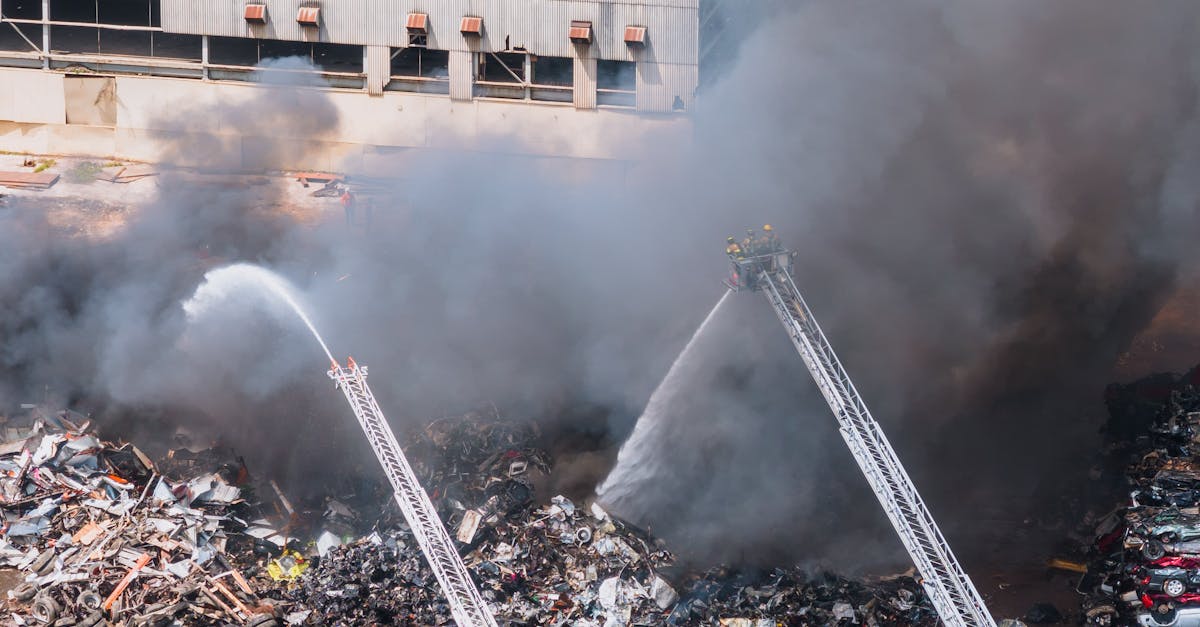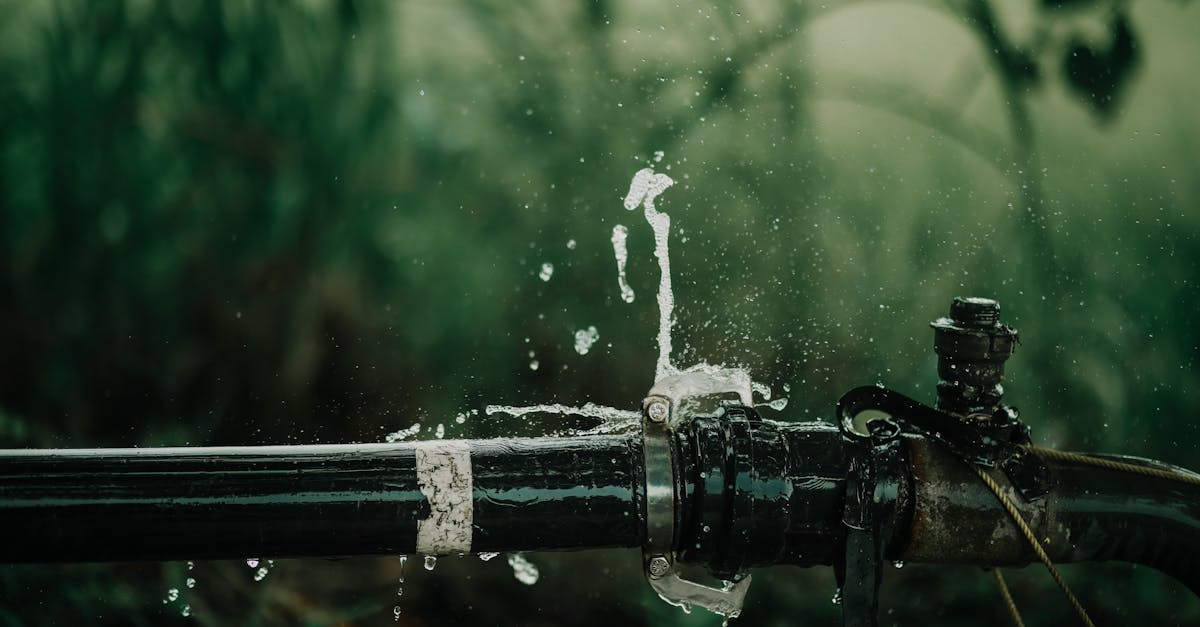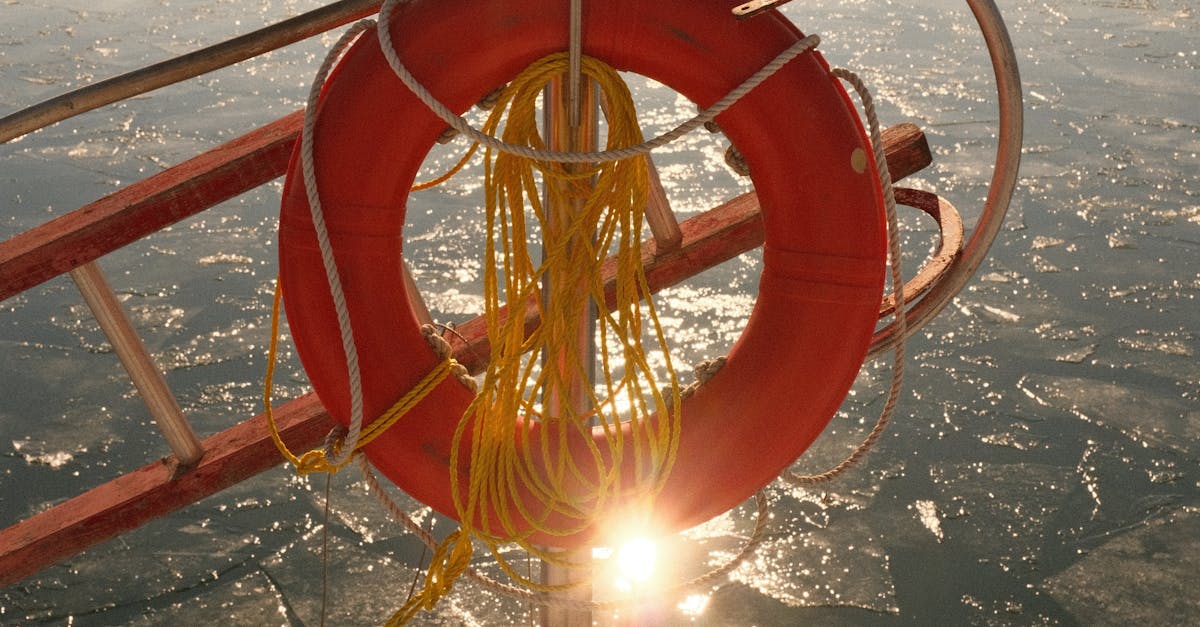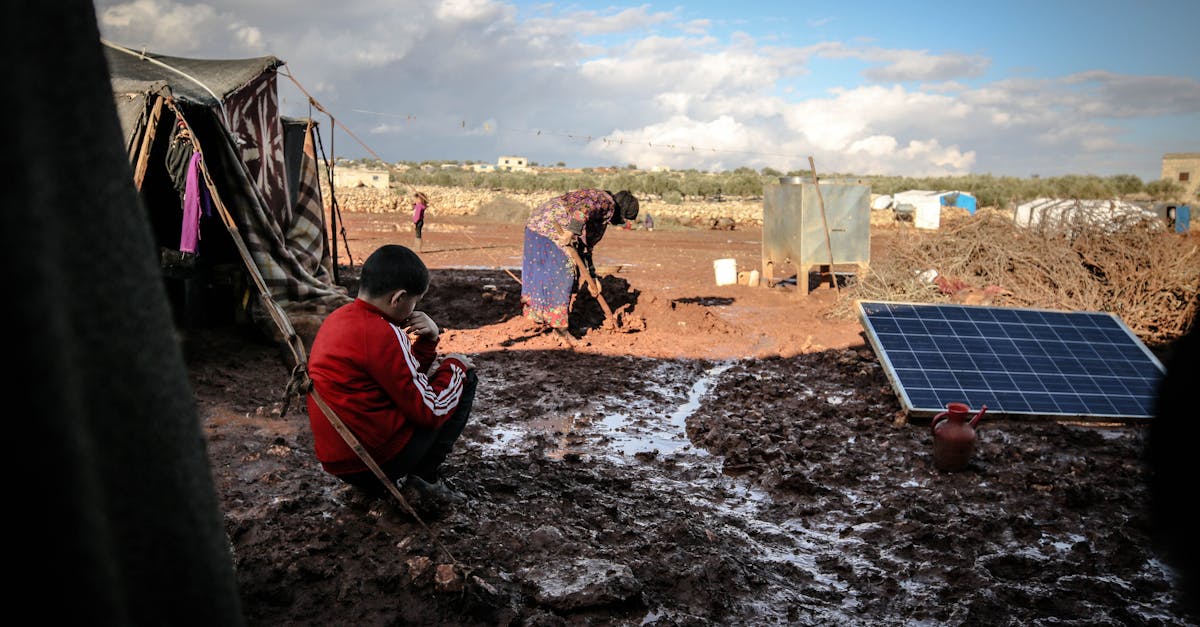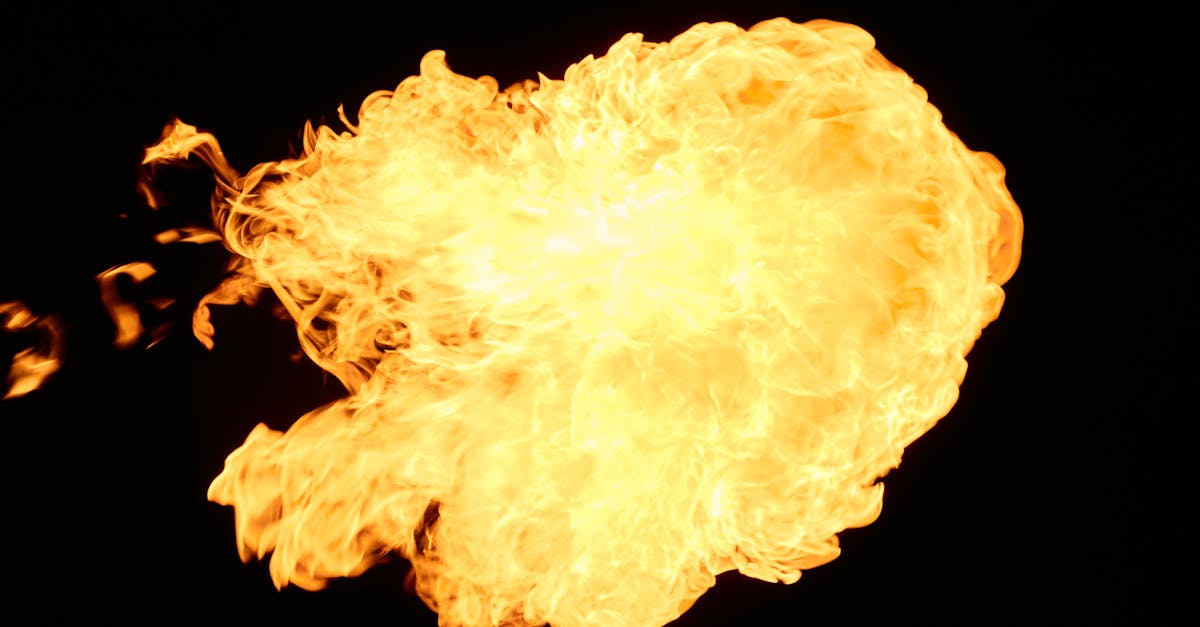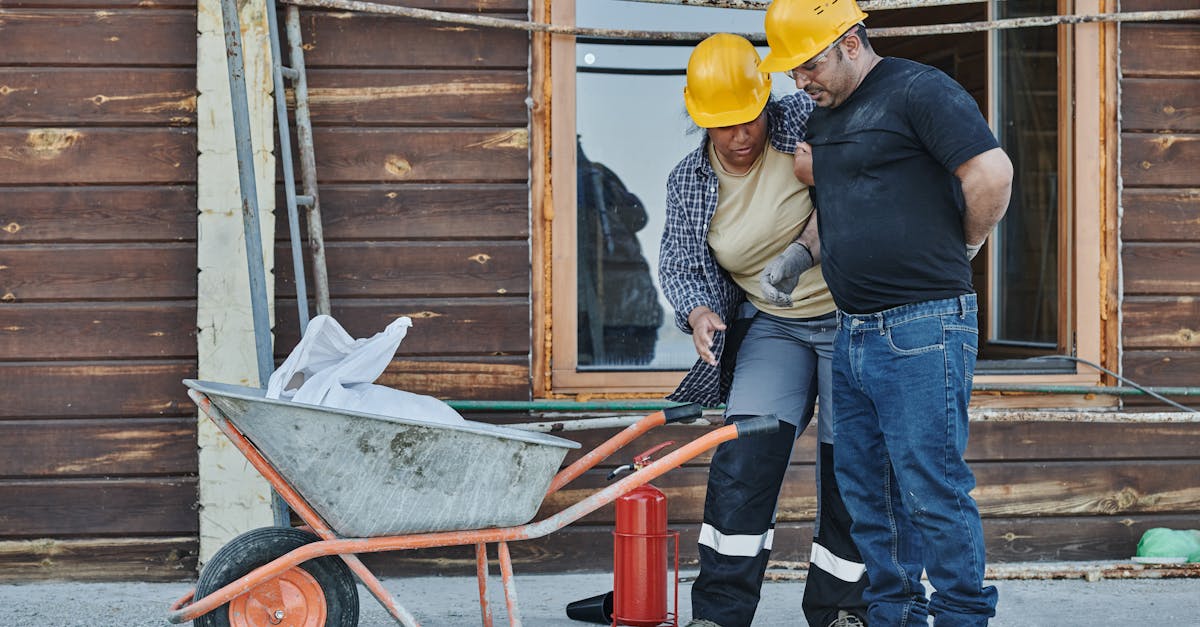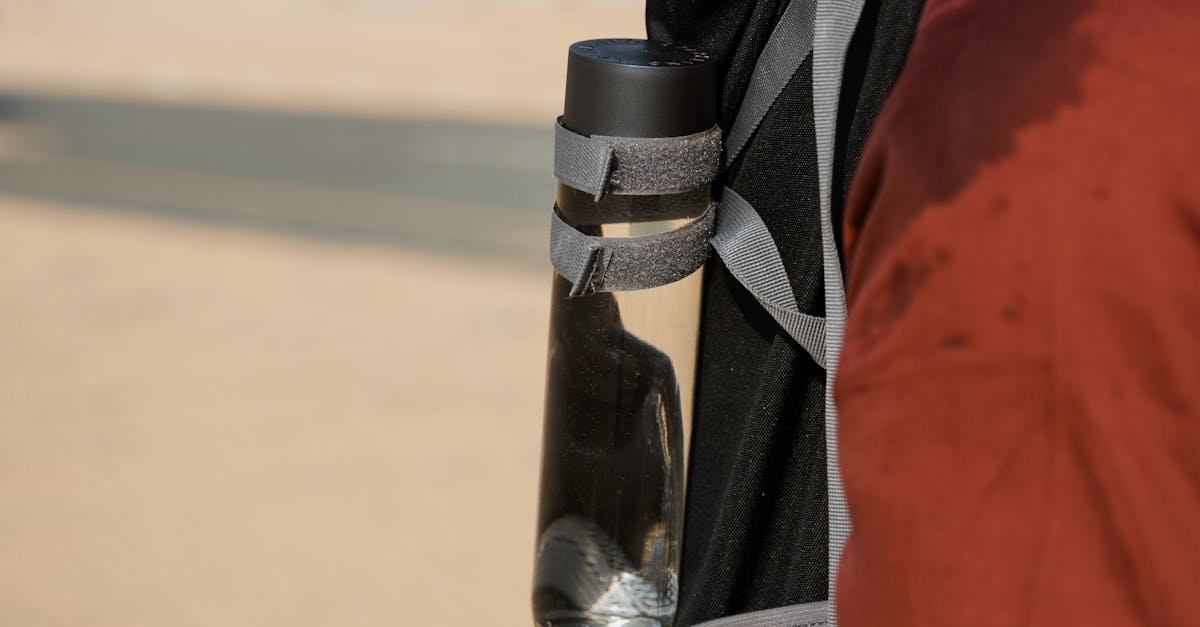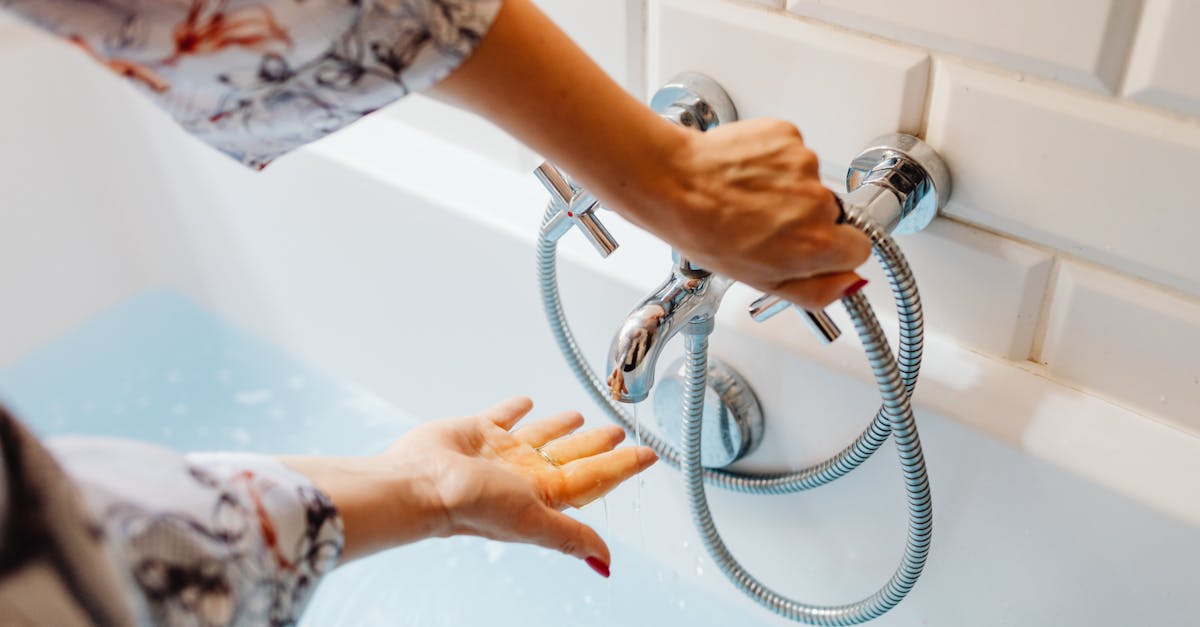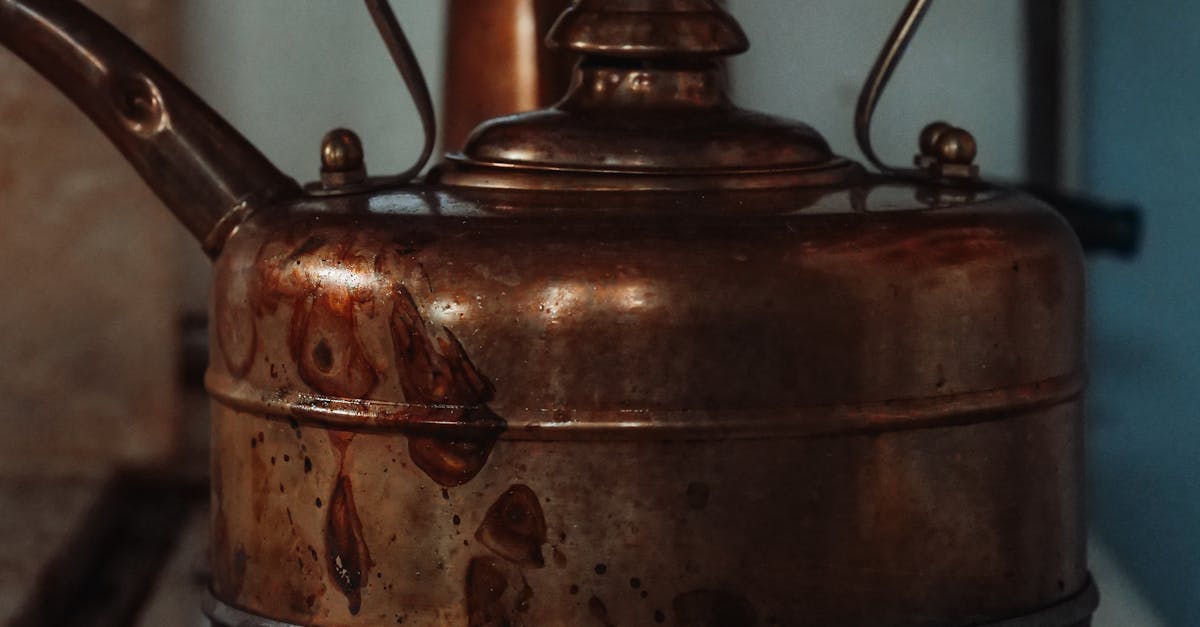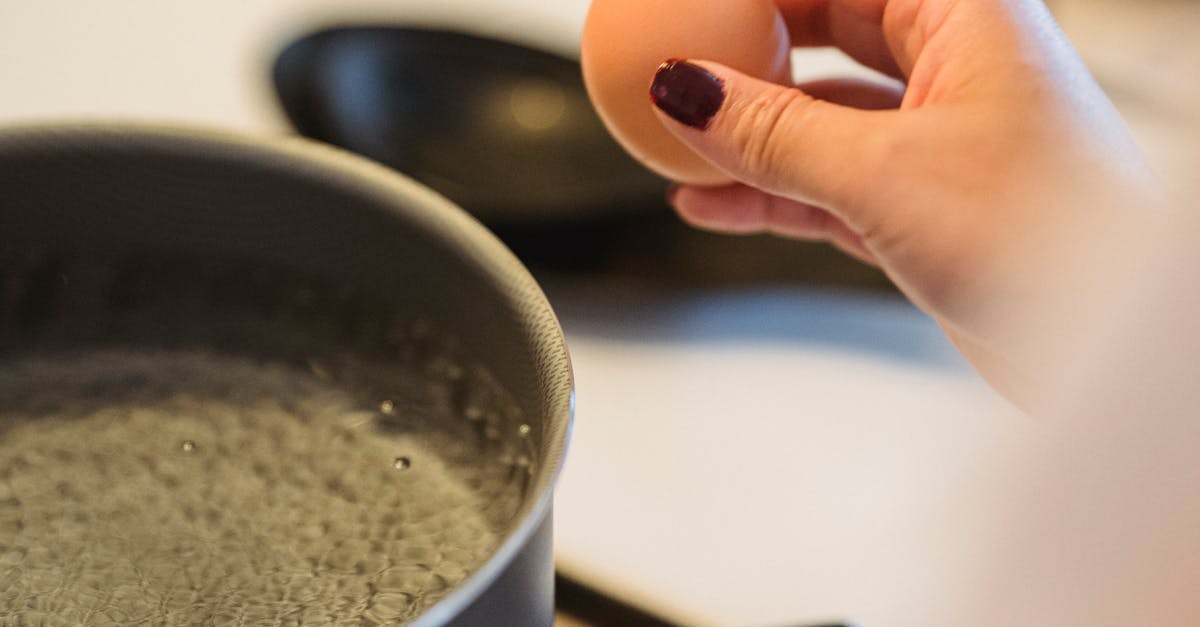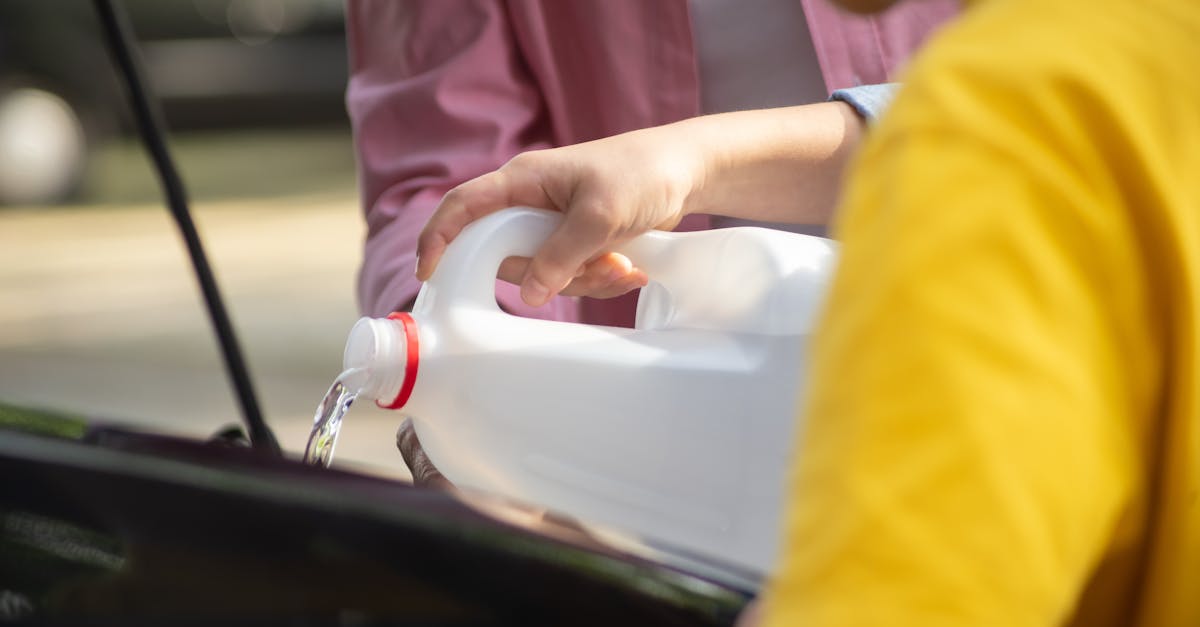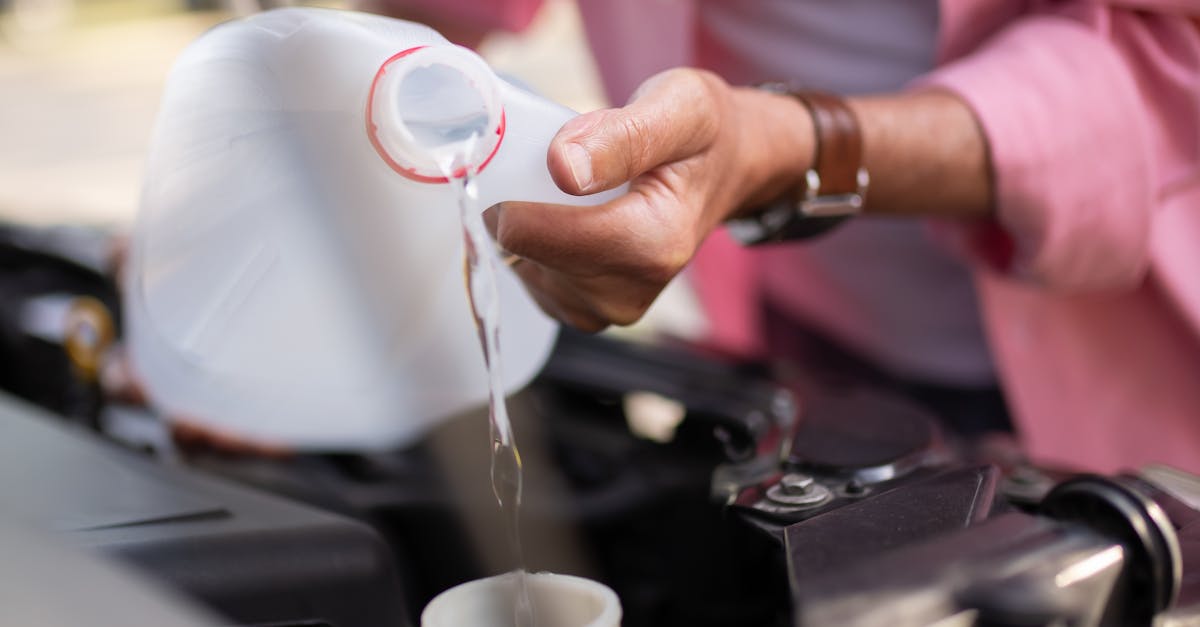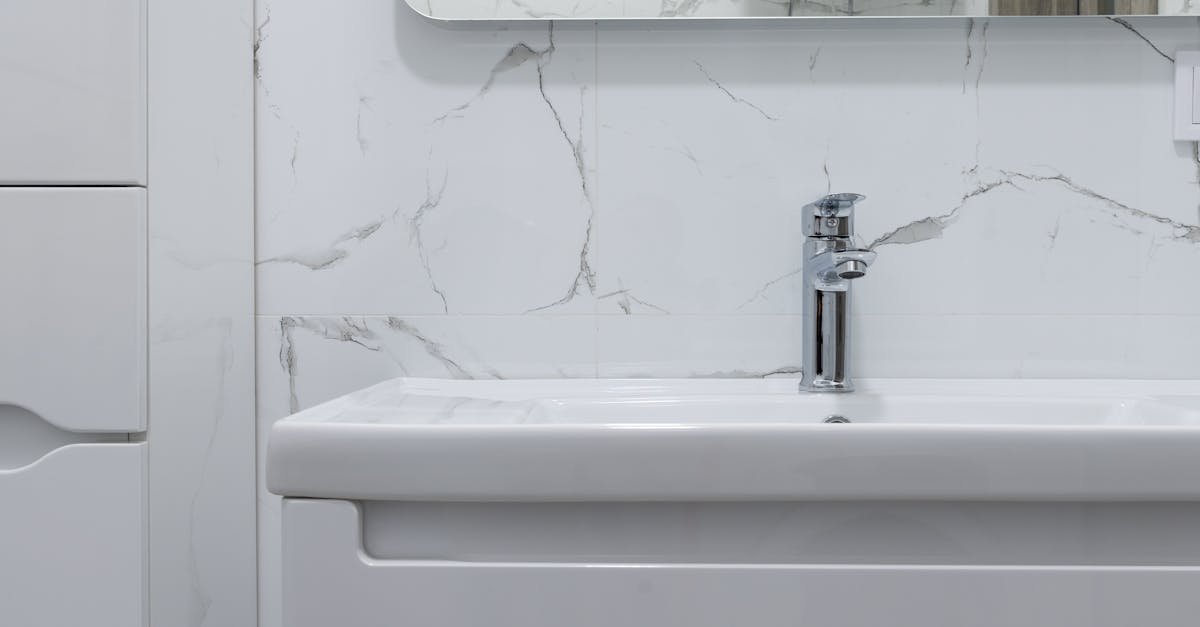
Table Of Contents
Preventative Measures for Water Supply Issues
Regular maintenance plays a crucial role in preventing water supply issues that can affect your water heater. Flushing the tank periodically helps to remove sediment buildup, which can lead to reduced efficiency and potential damage. Checking for leaks in the plumbing system ensures that water flows correctly to the heater, reducing the risk of encountering problems when you need hot water. Additionally, inspecting the pressure relief valve regularly can prevent excess pressure build-up, which may compromise the system’s integrity.
In the event of a sudden water supply interruption, being prepared can save you time and money. Storing a small reserve of potable water for emergency situations keeps essential tasks manageable. Familiarising yourself with local plumbing services that provide emergency hot water repair can be invaluable. Knowing whom to call ensures that you are not left without hot water for an extended period and can help get your system back up and running promptly.
Ensuring Continuous Operation of Your Water Heater
Regular maintenance of your water heater is crucial to ensuring its continuous operation. This maintenance includes checking for sediment build-up, which can hinder performance and efficiency. Flush the tank at least once a year to remove accumulated deposits. Additionally, inspect the anode rod, as it plays a significant role in preventing rust inside the tank. Replacing the rod when necessary can extend the lifespan of your unit.
In the event that your water heater does experience issues, addressing them promptly can prevent further damage. If you notice any irregularities in water temperature or pressure, it may be time to consider emergency hot water repair. Ignoring minor problems can lead to more significant malfunctions down the line. Keeping an eye on the heater’s performance ensures that you remain prepared for any unexpected disruptions.
Troubleshooting Common Problems
When the water supply is interrupted, homeowners may encounter various issues with their water heaters. A common problem is the presence of sediment build-up, which can occur when the tank is not adequately filled. Sediment can impair heating efficiency and lead to irregular temperatures. Checking the water level in the tank is essential for identifying this issue, as is regularly flushing the system to remove any accumulated debris.
If the water heater is not functioning after a supply interruption, it may require an emergency hot water repair. Issues with the thermostat or heating element can arise from fluctuations in water pressure or temperature changes. Inspecting these components can help determine if a simple repair or replacement is needed. Recognising the signs of malfunction early can prevent further complications and ensure consistent hot water availability.
Identifying Issues Related to Water Supply Loss
When water supply loss occurs, it can significantly impact the performance of your water heater. Insufficient water levels can lead to overheating, which may cause the system to shut down automatically as a safety measure. Users may notice unusual noises from the unit, such as banging or popping sounds, indicating that the heat exchanger is at risk of damage. Therefore, recognising these signs promptly can prevent further complications that might arise from neglected maintenance.
If the water supply remains off for an extended period, sediment build-up can also become a concern. Accumulation of debris within the tank can lead to clogs, impacting the efficiency of the heating process. In such cases, an emergency hot water repair may be necessary. Identifying these potential issues early on ensures that homeowners can take the appropriate steps to maintain their water heating systems effectively.
Repair Options for Affected Water Heaters
When faced with issues stemming from a water supply interruption, exploring repair options for affected water heaters becomes crucial. Homeowners may find it worthwhile to first check for simple problems, such as sediment buildup or worn-out components. Many times, flushing the tank or replacing a faulty thermostat can resolve the issue effectively. If these minor adjustments do not yield improvements, assessing the entire system may be necessary to pinpoint deeper malfunctions.
In situations where the water heater is severely compromised, seeking professional assistance for emergency hot water repair may be the best course of action. Qualified technicians can offer a comprehensive diagnosis of the unit and recommend suitable repairs or replacements as needed. Engaging a professional not only ensures safety but also helps restore hot water supply without undue stress on the homeowner.
When to Call a Professional
If you encounter persistent issues with your water heater after a water supply disruption, it may be time to seek the help of a professional. An expert can diagnose problems that might not be immediately apparent to the average homeowner. They possess the knowledge and tools necessary to evaluate your system comprehensively and offer solutions tailored to your specific needs.
Neglecting to address ongoing issues can lead to further complications, often resulting in more extensive damage and costly repairs down the line. In cases where hot water is critical, emergency hot water repair services can provide a quick response to restore functionality. Consulting a qualified technician ensures that your water heater is operating efficiently, giving you peace of mind.
FAQS
Does shutting off the water supply affect my water heater?
Yes, shutting off the water supply can affect your water heater, particularly if the heater is a tank-style unit. Without water flowing into it, the heating element can overheat, potentially leading to damage.
How long can I safely turn off the water supply without harming my water heater?
It's generally safe to turn off the water supply for short periods, such as a few hours. However, prolonged disconnection may cause issues, especially if the water heater is in use.
What preventative measures can I take to protect my water heater during a water supply shutdown?
To protect your water heater, consider draining the tank if you know the water supply will be off for an extended period. Additionally, ensure that your water heater is properly maintained and check for any leaks or issues before the shutdown.
How can I identify if my water heater has been damaged due to water supply loss?
Look for signs such as discoloured water, strange noises, or the heater not producing hot water when the supply is restored. If you notice any of these issues, it may indicate damage.
When should I call a professional regarding my water heater after a water supply shutdown?
You should call a professional if you notice any signs of damage, such as leaks, unusual noises, or if the water heater fails to operate correctly after the water supply is turned back on. It’s best to have a qualified technician inspect it to prevent further issues.


